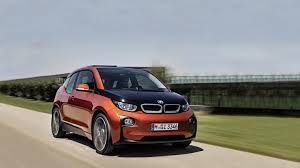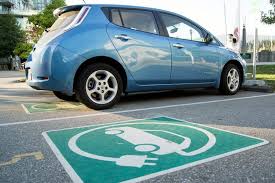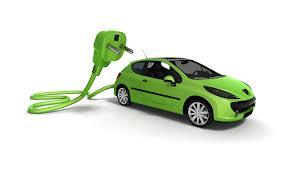nastya
Retail is dead: why Tesla will get more profit by closing stores
 Elon Musk recently announced that Tesla will close 10-30% of retail stores with low efficiency and completely change its sales strategy. Some shareholders of the company have already expressed their skepticism about this, while others, on the contrary, are optimistic about the initiative of the management.
Elon Musk recently announced that Tesla will close 10-30% of retail stores with low efficiency and completely change its sales strategy. Some shareholders of the company have already expressed their skepticism about this, while others, on the contrary, are optimistic about the initiative of the management.
Musk believes that closing retail stores is the best solution to maintain the company’s profitability while reducing the price of Model 3 to the base $35,000. In General, the optimistic forecasts of analysts indicate 4 main reasons why the closing of showrooms is a profitable step for the company. Continue reading
First critics were the capabilities of the Tesla electric truck Semi
 A study by Transport and Environment, a consortium of European environmental organizations, compared energy consumption and the environmental impact of conventional diesel trucks and their all-electric counterparts.
A study by Transport and Environment, a consortium of European environmental organizations, compared energy consumption and the environmental impact of conventional diesel trucks and their all-electric counterparts.
Two different diesel trucks were used for the study: one with an average consumption of 33 l/100 km and a more economical one with a consumption of 22 l/100 km.
The study showed that diesel trucks consume 2.2 to 3.3 kWh per kilometer, which is much higher than the average electric truck, which requires 1.44 kWh per kilometer. Electric vehicles designed from the ground up with maximum efficiency in mind, such as Tesla Semi, require only 1.15 kWh per km. the Authors of the study concluded that in General, the use of fully electric trucks reduces energy consumption by 1.5-2.9 times. Continue reading
Plug-in-hybrids — “enabling technology” for the transition to electric vehicles
 Many consider plug-in hybrids to be a transitional stage between cars with internal combustion engines and fully electric cars, but automakers are bringing new plug-in hybrid models to the market, promising even greater efficiency, improved power reserve and more diverse automotive platforms (including SUVs).
Many consider plug-in hybrids to be a transitional stage between cars with internal combustion engines and fully electric cars, but automakers are bringing new plug-in hybrid models to the market, promising even greater efficiency, improved power reserve and more diverse automotive platforms (including SUVs).
The key difference between fully electric cars and hybrid and plug-in hybrid models is the presence of an internal combustion engine. Fully electric cars are driven only by batteries and electric motors and usually have a power reserve of 150-500 km. Plug-in hybrids have a smaller battery capacity, which usually provides a power reserve on one charge of 30-80 km, and a gasoline internal combustion engine that adds another 500 — 800 km of power reserve. Continue reading




